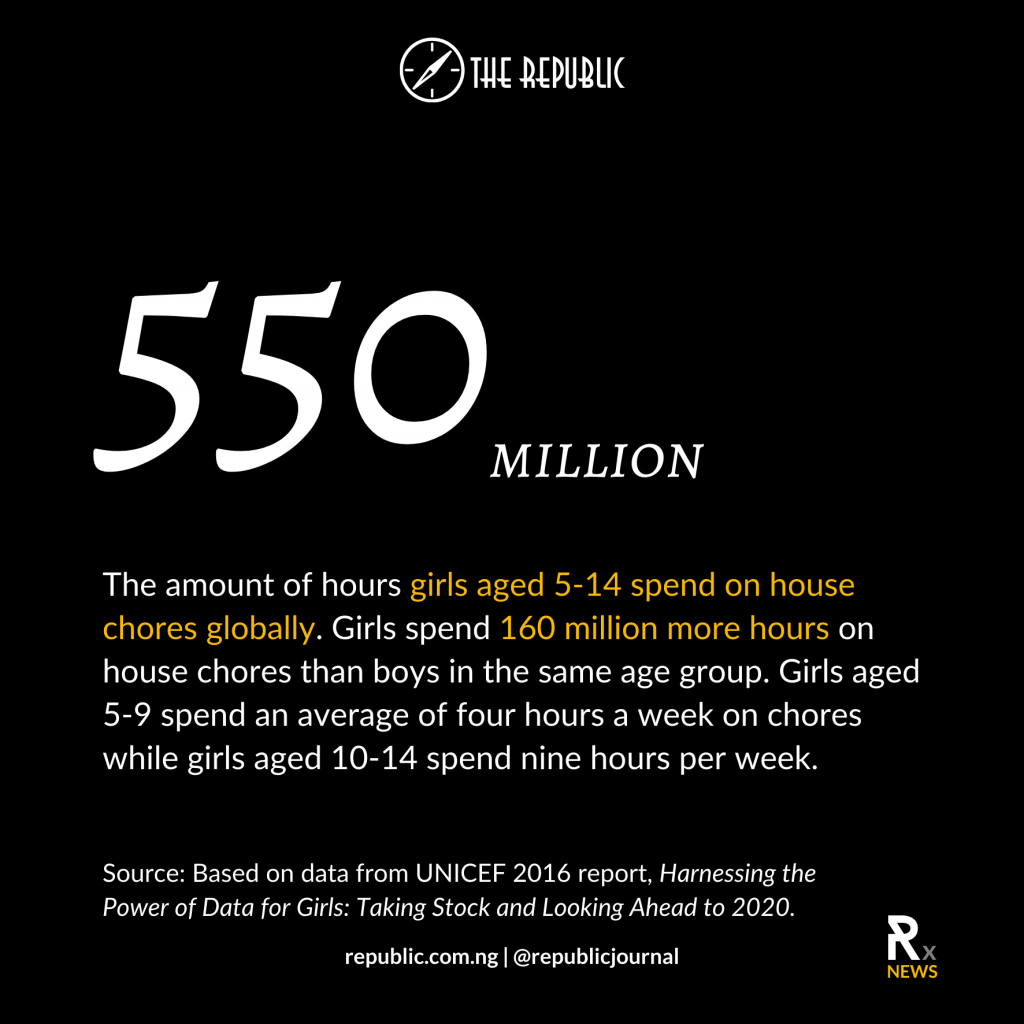‘If housework was to be quantified, it’s a lot of work, and you start it in the morning, and even by evening it doesn’t end. It’s like a vicious cycle.’ — Mary Wambui
On 07 December 2021, a high court judge in Kenya presiding over the divorce case of Mary Wambui, a mother of three, decided to give Wambui half of her marital home as compensation for the 13 years she spent doing house chores.
The Wambui case is Kenya’s first implementation of the 2013 Matrimonial Property Act. The act states that domestic work and management of the matrimonial home, child care, companionship, management of the family business or property, and farm work can be factored into court rulings during divorce proceedings as monetary and non-monetary ‘contributions’.
Speaking with BBC Africa, Wambui said, ‘If housework was to be quantified, it’s a lot of work, and you start it in the morning, and even by evening it doesn’t end. It’s like a vicious cycle. There are fees to be paid. There is food to be bought. There are clothes to be bought. There are visitings to be attended.’ Human rights activist, Marv Ikoku, commented on the issue saying, ‘[This decision] means respect. It means recognition. It means appreciation of the quantum of work that the African mothers do in the home.’
‘If housework was to be quantified, it’s a lot of work, and you start it in the morning, and even by evening it doesn’t end.’
A similar case happened on 24 February 2021 when a Chinese divorcee, Wang, was compensated with the sum of $7,000 from her husband for five years of unpaid labor. This ruling from the Beijing High Court caused some debate, as some people believed the compensation was too small.
But does gender inequality in housework only occur with housewives?
According to the 2016 UNICEF report, Harnessing the Power of Data for Girls, gender inequality in housework starts from childhood, as girls between the ages of five and 14 spend 550 million hours on household chores, 160 million more hours than boys in the same age group. Girls aged five to nine spend an average of four hours a week on chores; this increases to nine hours per week for girls aged 10 to 14. In countries with higher expectations for girls to work, those numbers can be higher still. In Ethiopia, Somalia and Rwanda, for example, girls aged five to 14 spend two hours each day on work around the home.
‘[This decision] means respect. It means recognition. It means appreciation of the quantum of work that the African mothers do in the home.’
The Mary Wambui divorce settlement case is a landmark declaration for women across Africa and can now be used by other judges in determining cases where housewives are involved and require the necessary monetary compensation. In learning of this news, some observers also hope the court ruling will promote gender equality in housework across African households⎈
The views, thoughts, and opinions published in The Republic belong solely to the author and are not necessarily the views of The Republic or its editors. We want to hear what you think about this article. Submit a letter to the editors by writing to [email protected].



